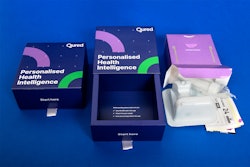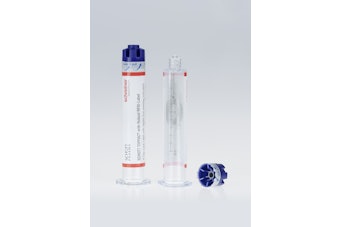
Poco_bw / Adobe Stock
Malaria is one of the mosquito-spread diseases that plagues developing countries. While it’s already been eradicated in most parts of the world, it still kills more than 600,000 people a year in Africa. A recent Freethink* article discussed a vaccine that aims to change that. The vaccine was developed at the University of Oxford, and when combined with a booster dose, it demonstrated up to 80% efficacy in children during a long term trial, which is significant since roughly half of malaria deaths are children under five years old.






















